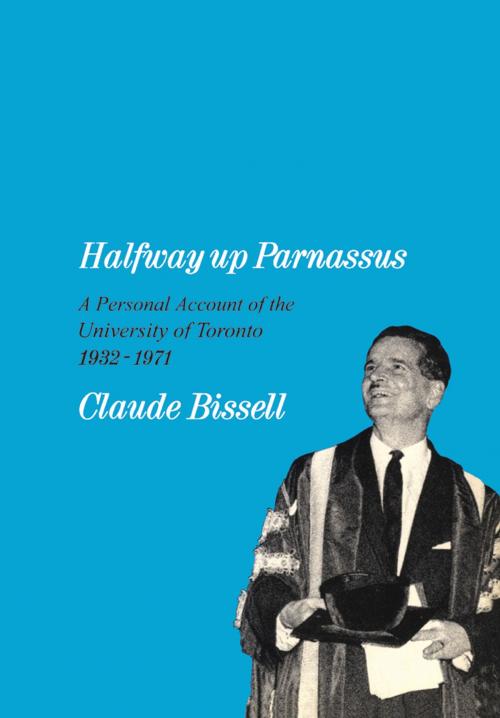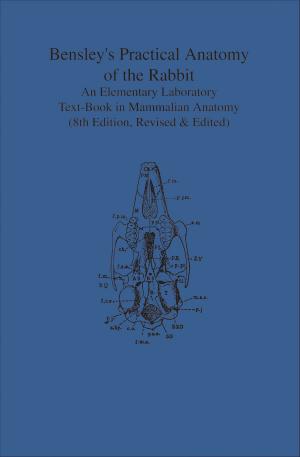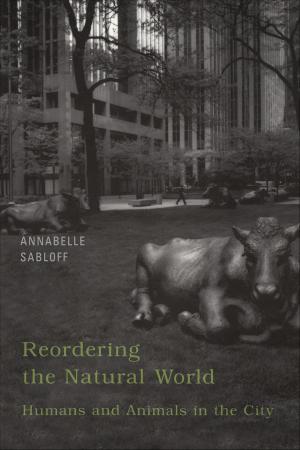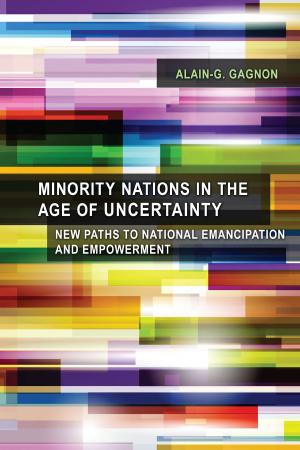Halfway up Parnassus
A Personal Account of the University of Toronto, 1932-1971
Nonfiction, Reference & Language, Education & Teaching, History, Higher Education| Author: | Claude Bissell | ISBN: | 9781442633735 |
| Publisher: | University of Toronto Press, Scholarly Publishing Division | Publication: | December 15, 1974 |
| Imprint: | Language: | English |
| Author: | Claude Bissell |
| ISBN: | 9781442633735 |
| Publisher: | University of Toronto Press, Scholarly Publishing Division |
| Publication: | December 15, 1974 |
| Imprint: | |
| Language: | English |
Halfway up Parnassus is a personal account of the University of Toronto with particular emphasis on the period when Dr. Bissell was its president, from 1958 to 1971. The first half of that period was the flowering of the old, self-confident university, with its established patterns of government, and its untroubled constituents. The second half saw the slow, powerful emergence of a new university, uncertain of itself and its role, seeking to find a form for democratic aspirations—not, however, without some dramatic confrontations with left-wing students. Nowhere in Canada was the process more sharply defined than at the University of Toronto. This book records that process from the point of view of a major participant. It is also intended as a series of portraits of major academic figures and as an intimate recollection of a society that is passing away.
It is not a philosophical book about education, but a human document—an attempt to render the tone of academic society, and in this account Dr. Bissell has combined, to great effect, autobiography, descriptive narration, and historical analysis. The book will be of interest to Canadians concerned about our intellectual and cultural life, and to academic societies everywhere.
Halfway up Parnassus is a personal account of the University of Toronto with particular emphasis on the period when Dr. Bissell was its president, from 1958 to 1971. The first half of that period was the flowering of the old, self-confident university, with its established patterns of government, and its untroubled constituents. The second half saw the slow, powerful emergence of a new university, uncertain of itself and its role, seeking to find a form for democratic aspirations—not, however, without some dramatic confrontations with left-wing students. Nowhere in Canada was the process more sharply defined than at the University of Toronto. This book records that process from the point of view of a major participant. It is also intended as a series of portraits of major academic figures and as an intimate recollection of a society that is passing away.
It is not a philosophical book about education, but a human document—an attempt to render the tone of academic society, and in this account Dr. Bissell has combined, to great effect, autobiography, descriptive narration, and historical analysis. The book will be of interest to Canadians concerned about our intellectual and cultural life, and to academic societies everywhere.















